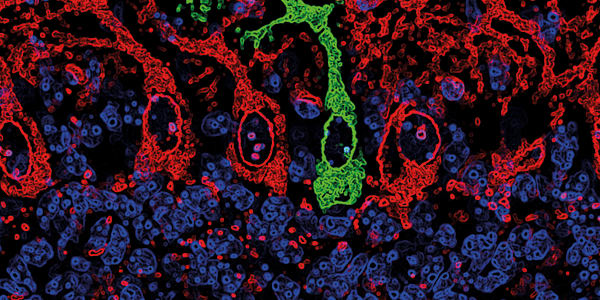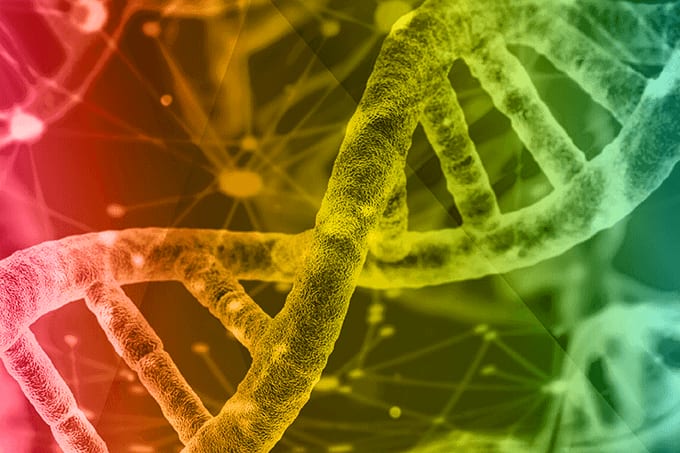Patients with bipolar disorder often face years of difficulty before receiving an accurate diagnosis. And that’s not even the end of it. Lithium – the best-known and most thoroughly researched treatment for bipolar disorder – is only effective in about 30 percent of patients. The rest? Diagnosis and treatment initiation can mean up to a year of waiting before being switched to a different treatment method.
Believing that a year is too long to wait, especially with such a stressful disorder, senior author Rusty Gage and his team of researchers wanted to find a way to predict those patients most likely to respond to lithium treatment. The test builds upon previous work that highlighted the hyperexcitability of neurons from patients with bipolar disorder; notably, some neurons were calmed by maintenance in a lithium-containing medium, whereas others were not (1). But obtaining neurons from each patient with the disorder would be impractical in the extreme – so the researchers reprogrammed immune cells from bipolar disorder patients to generate lymphocyte-derived neurons (2). The newly derived cells exhibited the same hyperexcitability, but they also held another secret: two very different electrophysiological patterns – one for lithium responders and another for non-responders. Hoping that the patterns could predict the potential for response in new patients, the researchers trained a computer program on 450 total neurons, using five patients as a teaching set and the sixth as a test of the program’s ability to classify a patient. The result? A system that could identify lithium-therapy responsiveness with 92 percent accuracy.

David Panchision oversees a National Institute for Mental Health program that supports the work. Highlighting the fact that most such experiments use cells from only two or three patients, he stated (3), “The fact that Gage’s group can replicate the hyperexcitability characteristic in neurons from additional bipolar disorder patients is very important. Findings like these are needed to utilize these cells to develop new drugs to treat mental illnesses.”
References
- J Mertens et al., “Differential responses to lithium in hyperexcitable neurons from patients with bipolar disorder”, Nature, 527, 95–99 (2015). PMID: 26524527. S Stern et al., “Neurons derived from patients with bipolar disorder divide into intrinsically different sub-populations of neurons, predicting the patients’ responsiveness to lithium”, Mol Psychiatry, [Epub ahead of print] (2017). PMID: 28242870. The Salk Institute, “New method predicts who will respond to lithium therapy” (2017). Available at: http://bit.ly/2pvV3E3. Accessed April 18, 2017.




